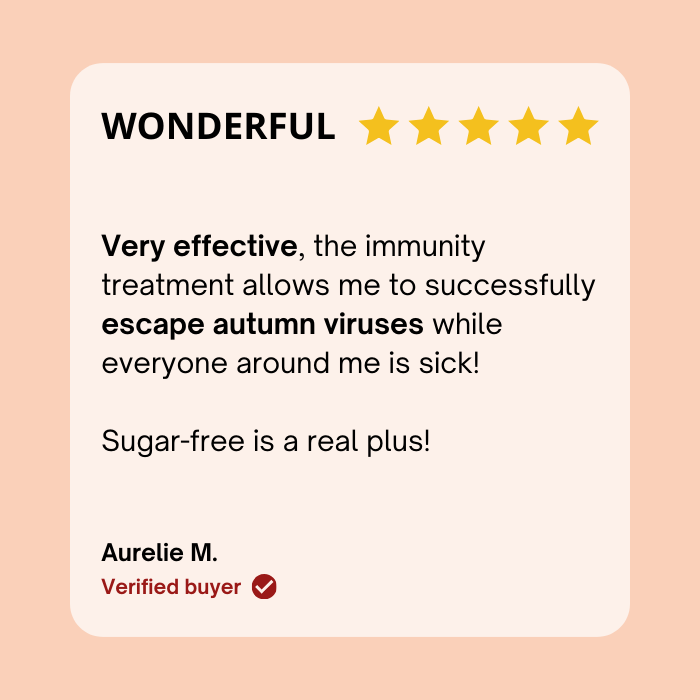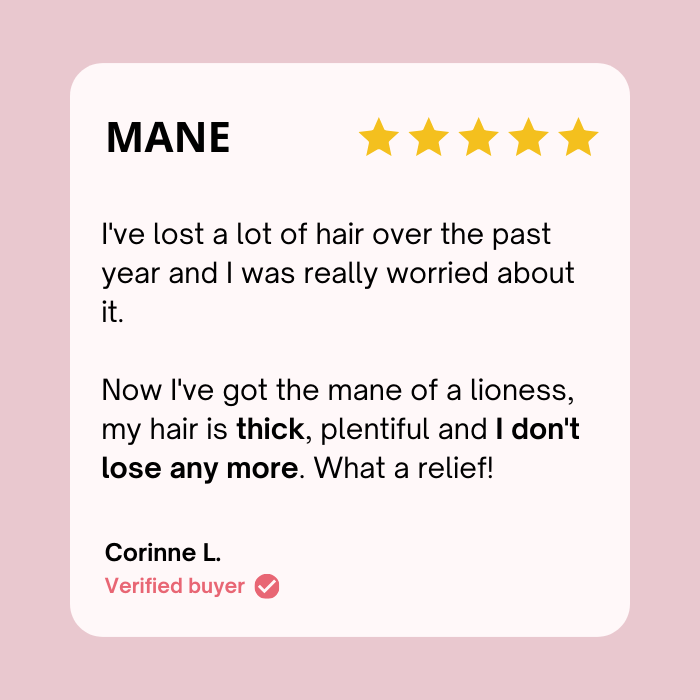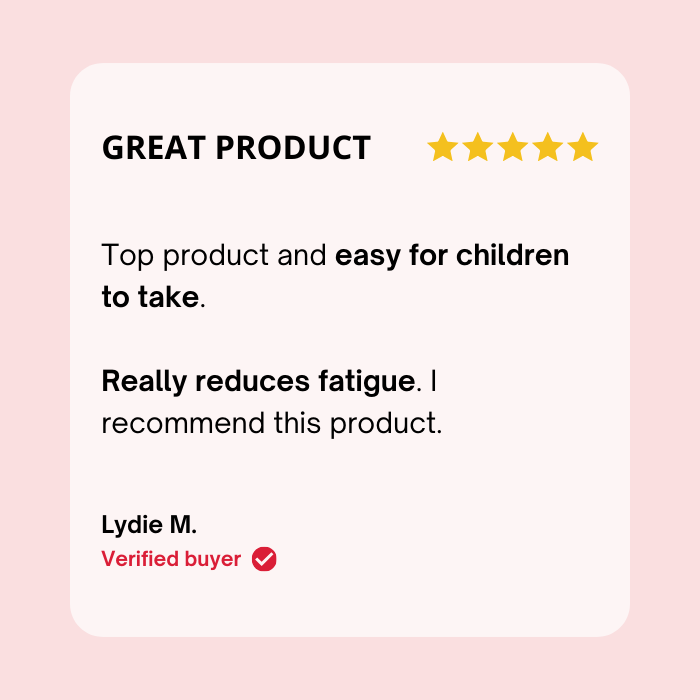The importance of zinc for health
Zinc is one of the most abundant trace elements in the human body. It is primarily found in the muscles (60 to 65%), bones (20%), liver, and skin.
It is essential for the proper functioning of the immune system, effective wound healing, and maintaining healthy skin, hair, and nails. Even in small amounts, its role is crucial for metabolism, the cell division process, and protein creation.
The health benefits of zinc
- Boosts the immune system: Zinc plays a key role in strengthening the immune system, stimulating the production of white blood cells, helping fight infections, and even reducing the duration of colds if consumed at the first signs.
- Aids in healing: It is a powerful antioxidant that helps combat cellular ageing and addresses skin problems (acne, stretch marks...) by promoting healing. Zinc supports skin regeneration and is commonly used to treat burns, cuts, and other wounds.
- Ideal for skin, nails, and hair: It promotes healthy skin by reducing inflammation and regulating sebum secretion, thus helping to prevent acne. It is also vital for the strength of hair and nails, contributing to keratin synthesis, which helps increase hair mass.
- During pregnancy: Zinc plays a crucial role in the healthy development of the fetus. It not only contributes to cellular growth and development but also to DNA synthesis and optimal immune system function. Adequate zinc intake during pregnancy is essential to minimise complications and ensure the well-being of both mother and child.
- Regulates hormonal activity: Zinc impacts hormonal balance, particularly concerning insulin, the hormone responsible for regulating blood sugar levels. By influencing its activity, zinc helps maintain a balanced metabolism, preventing blood sugar fluctuations that can lead to diabetes or insulin resistance.
How to know if you're zinc deficient?
Signs of zinc deficiency can include hair loss, skin problems, increased susceptibility to infections, night vision problems, and slow wound healing. If you suspect a deficiency, it is recommended to consult a healthcare professional for a proper diagnosis and treatment.
What are the best food sources of zinc?
Food sources such as red meat, seafood (especially oysters), legumes, nuts, and seeds are excellent for meeting the daily recommended intake of zinc. A varied diet is generally sufficient to meet the body's needs.
Zinc supplements, in combination with a healthy and varied diet, can be useful for certain populations, such as vegetarians, seniors, or people with specific medical conditions, following the recommended dosages to avoid overconsumption.
Warnings and side effects of zinc
High doses, or an overdose, of zinc can sometimes cause side effects such as abdominal pain, nausea, and headaches.
Not recommended without prior medical advice for pregnant and breastfeeding women or those on specific medical treatments.
About zinc
Used since antiquity for its medicinal properties and in the creation of alloys like brass, the role of zinc in human well-being has only been recognised recently, highlighting the importance of nutritional research.







